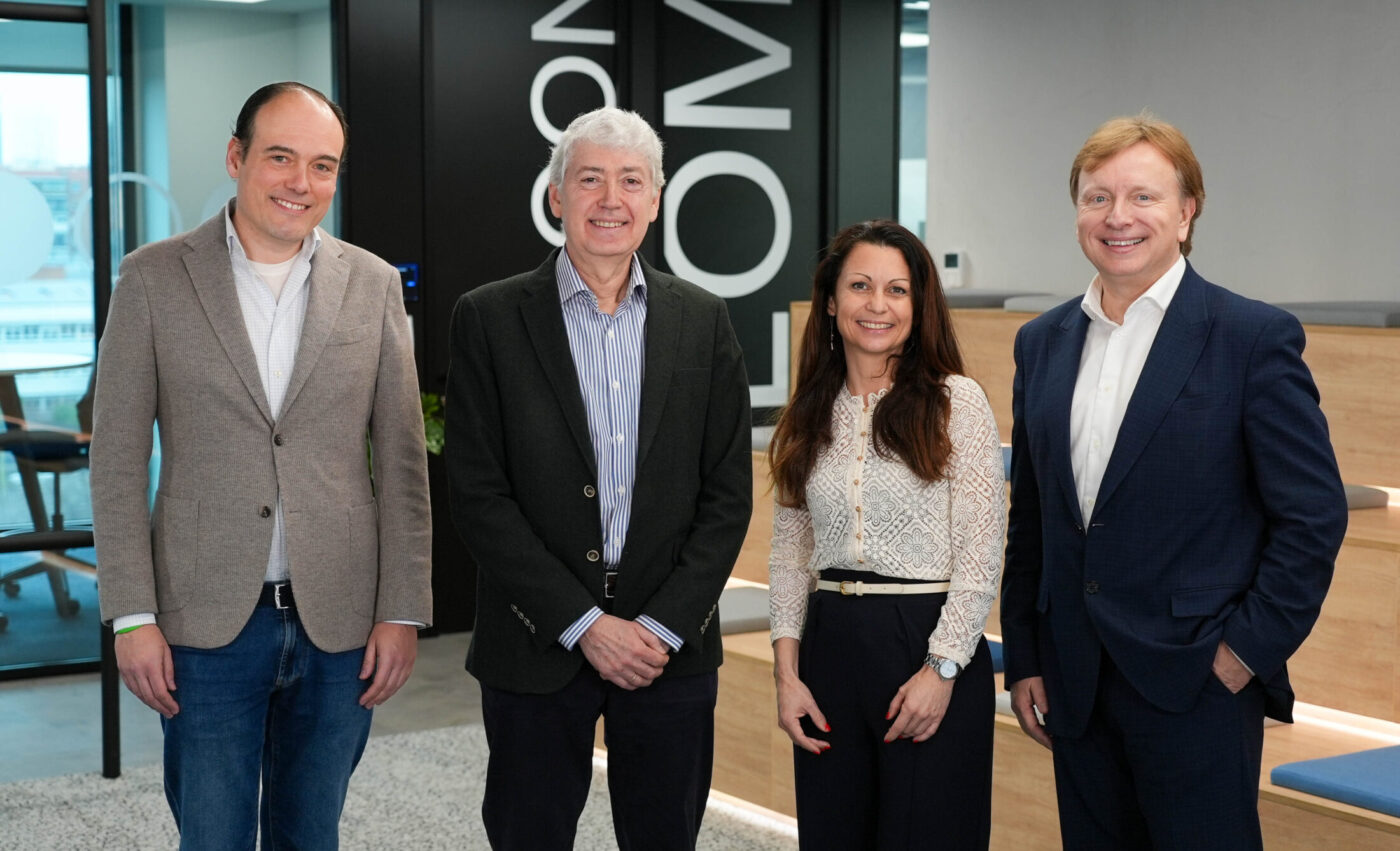World Youth Skills Day illuminates the essential role teachers, trainers and educators play in providing skills for young people to transition to the labour market and actively engage in and contribute to their communities and societies.
As we contend with climate change, geo-political disruptions and technological advancements, demand for agile and adaptive labour will continue to increase, and yet nearly three quarters of young people aged 15 to 24 in 92 countries with available data are off-track to acquire the skills needed for employment.1 Here the hospitality sector can play a vital role in removing access barriers and offering relevant skills development opportunities for youth who are not in education, employment, or training and offering them their first formal employment opportunity.
It is time to unite in recognising the potential of young people as catalysts for change and commit to providing the opportunities they need to build a sustainable and prosperous future.
Youth from lower socio-economic communities frequently face these challenges:
- Negative attitude of others
- Low education level (limited to school graduation or lower)
- Learning to be responsible
- Having career options
- Logistics (accommodation, long commute, cost of travel)
- Securing a job
- Not knowing their rights
“I don’t have an education degree. I am a girl. This makes me think people will think less of me or not give me opportunity. Sometimes others think we are not capable of learning other work” – a young woman training at a hotel in housekeeping, through the Alliance’s employability programme.
What can hotels do to address these challenges and support young people in building fruitful careers?
- Make a commitment – set a goal to provide disadvantaged youth training opportunities at your hotel each year, ensuring that any training or community programme identifies and mitigates challenges youth are facing and offers positive opportunities. Set work exposure or training opportunity to a minimum of 4 weeks. When training for basic, transferable skills, make sure it is not unnecessarily long either!
- Go off-the-beaten-track – take the initiative and reach out to local NGOs, youth and community organisations who work with disadvantaged youth when inducting trainees. Local NGOs often don’t have the resources to approach private sector businesses, but they know where youth with high need and potential are and how to support them through training and internships.
- Equip your team to step up to the role of teachers and trainers – staff at your hotel (especially who are not managers or supervisors) may not have prior experience in supervising trainees or know how to support people from different backgrounds. Build their capacity to plan, how to transfer skills, support and supervise a learner, be empathic, and give constructive feedback. In the process you will be building their leadership and management skills.
- Take a holistic approach – managers and supervisors overseeing training plans for young trainees should ensure tasks assigned to the youth include cognitive, physical, emotional, and social skills development.
- Meet each young person as an individual – recognise that each young person is unique, with different interests, strengths, and challenges, and that adjusting to demanding and fast pace of work in a hotel can be very challenging for a young person. Pace of activity and loud voices in a kitchen can be daunting for some, whereas others may find interacting with guests or staff difficult. An empathic supervisor can make all the difference to a young person staying in hospitality or leaving the sector. Get to know the individuals and tailor skill development to meet their individual needs and aspirations, while encouraging self-reflection and goal setting.
“There is need to work on their self-esteem. (Youth) have great qualities too. We don’t know those qualities, but we need to support them to cultivate that. So we tell them don’t get nervous when you go for training and don’t let your self-esteem go down” – Hotel staff supervising trainees in Kitchen work, as part of the Alliance’s employability programme.
- Offer relevant and future-oriented skills – build skills that are relevant today and those that can be built on for the future job market. For today include critical thinking, problem solving, collaboration, taking responsibility. Lay the foundations for future by introducing them to water use and food waste reduction, energy saving, recycling and upcycling.
- Include career guidance as a part of your training programme – young people from disadvantaged communities may not have anyone who they can talk to and explore interests, passions and talents and how to align them to potential career paths. A little bit of mentoring from hotel staff to encourage young trainees to develop skills that match their career goals will be invaluable experience for them.
“By investing in the potential of young individuals, our hotel company builds a sustainable workforce that addresses the challenges of the present and the future. From the first cohort some of the participants have since been placed on permanent employment. Through employment they will be empowered to support their families financially and be able to pursue further studies at the local hotel schools in the country.” – Besa Chambula, Complex People & Culture Manager, Minor Hotels Zambia (a hotel company implementing the Alliance’s accessible curriculum as part of its employability programme).
- Family engagement can make all the difference – Family attitudes sometimes come in conflict with a young person’s resolve to start a career in hospitality and need an intervention from a supporting not-for-profit or the hotel staff. Developing a supporting network for youth is essential for their success, now and in the future.
“(A team member from the NGO) convinced my mother not to marry me immediately. She wouldn’t let me stay out or work before. My training and the NGO has changed her mind completely” – A female human trafficking survivor training at a hotel, as part of the Alliance’s employability programme.
- Offer a compensation or stipend for the duration of skills training – if you take in youth from low socio-economic families, they may not have the means to travel to and from the hotel, cover grooming cost, or have appropriate clothes to come into work. Do your calculations and compensate them fairly. In addition you will be teaching them to budget and responsibly manage money, and in future, a salary.
By stepping up to skill youth from surrounding communities, your hotel will play a key role in developing the full potential of local young people, while developing a new talent pool for your business.



